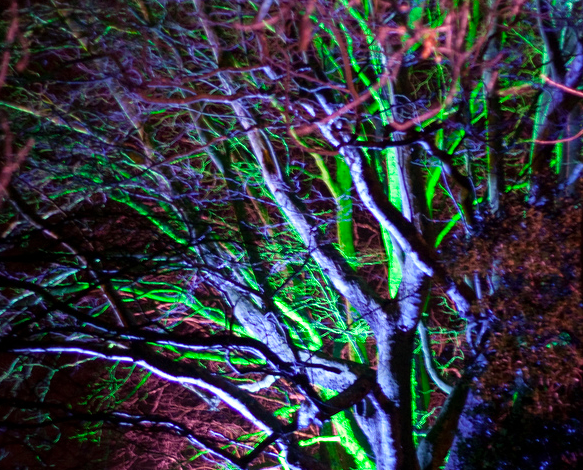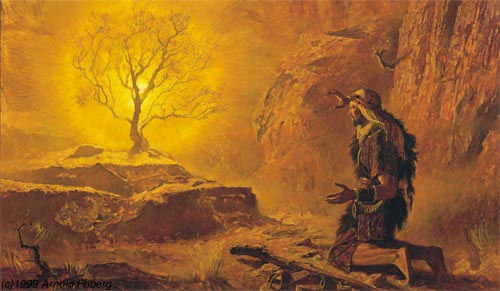
How easy it is to forget that there is (exists) a Living God. Maybe this is so because we are surrounded by dead ones. Since the things we need and “serve” are not consistently life-giving, I think we lump everything to together and get along with that sort of paradigm. A “less-than Living” take on life.
The originator, Creator God, is never-ending, and a not relegated to some notion of goodness, or idea we get to keep in the back of our minds.
Here are 8 attributes to this Living God:
1. A Living God embodies Love not Apathy (the opposite of love).
2. A Living God makes a worshiper like him/her (God transcends gender).
It should be noted that dead gods, in their way, do the same thing. Nevertheless, a Living God refines and purifies, and dead gods foster forms of decay/destruction, and of course selfishness–which cannot lead to life. (Examples: the (dead) god of career, of drugs, of overeating, of anger, of popularity, and so on.)
3. A Living God has a personality (is a being), and relates to others (has the true quality for connecting in relationship) as a primary undertaking and desire.
4. A Living God is interactive in human history, and perpetually involved in common life with regards to people, events, and circumstances.
5. A Living God is wise and forbearing.
6. A Living God is everywhere, unconquered, and vigorous (spirited).
7. A Living God may display displeasure or delight.
8. A Living God has no pride, (because pride is delusional and also leads to deadened life).
In light of this, what is your response to God?
I’m asking for you to take a minute, and comment on your response, one (or more) of these 8 mentioned traits, or bring up something I didn’t mentioned.
Thank you very much.





